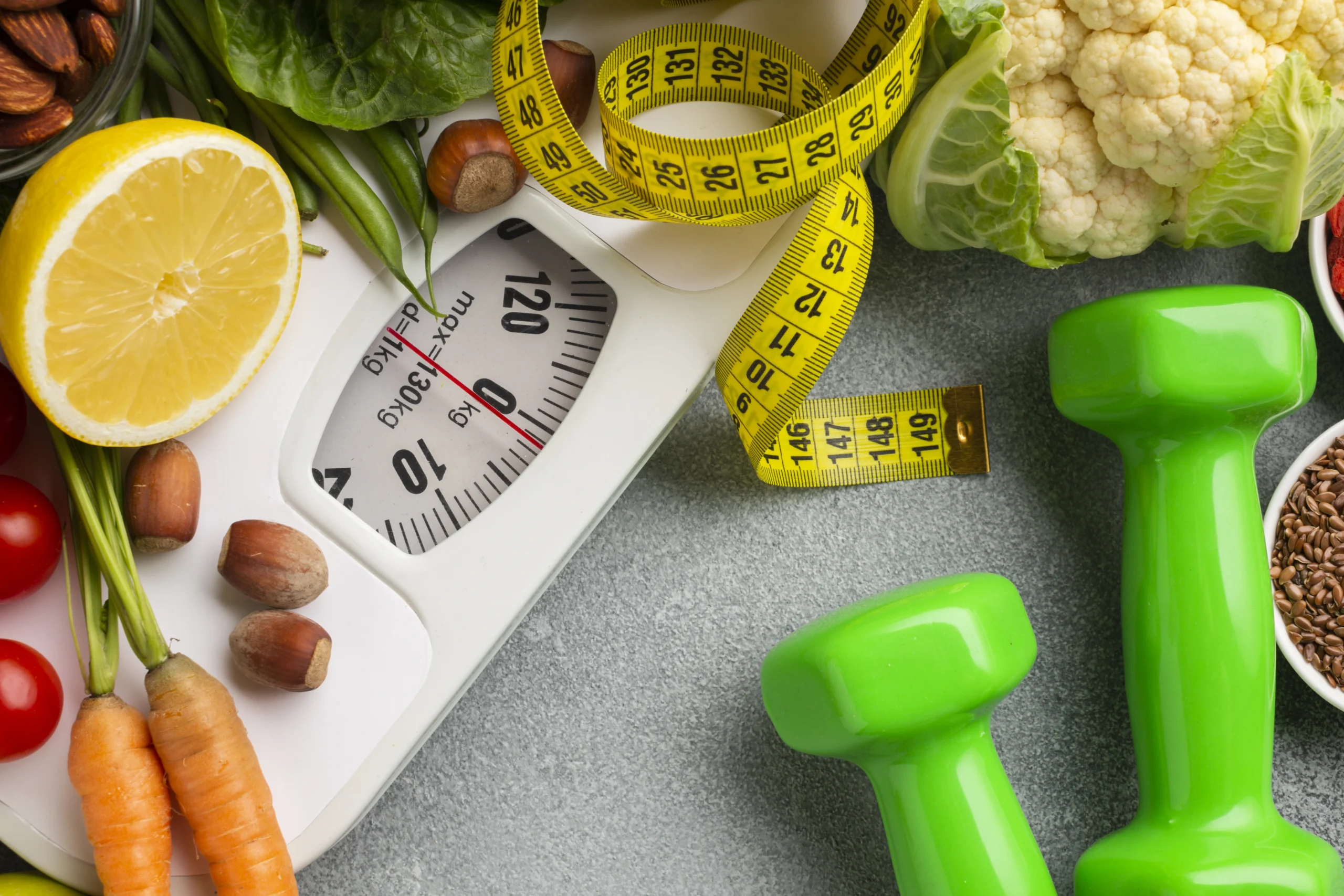Fitness and Nutrition
Staying healthy relies heavily on both physical fitness and what you eat. When you bring these two aspects together, they can assist in shedding pounds, enhancing the health of your heart, lowering the chances of long-term illnesses, and increasing your vitality.
How Exercise Affects Your Body?
When you engage in physical activity, your body uses up calories and burns fat. It also builds up your muscles and makes you stronger. Exercise also enhances the health of your heart and lungs, making them more robust. Additionally, it can lower the likelihood of chronic conditions like heart disease, stroke, type 2 diabetes, and certain forms of cancer.
How Nutrition Affects Your Body
The things you consume supply your body with the essential elements it requires to work effectively. These vital components encompass carbohydrates, which furnish the primary energy source. Protein is essential for constructing and mending tissues. Fat serves the purpose of energy storage and body insulation. Lastly, vitamins and minerals are crucial for numerous bodily functions.
The Right Combination of Exercise and Nutrition
The ideal blend of physical activity and what you eat will depend on your specific objectives and requirements. Nonetheless, there are some broad recommendations that can assist you in getting underway:
- Try to engage in around 30 minutes of moderately challenging physical activity on most days.
- Diversify your workout routine with a mix of activities like aerobic exercises, muscle-strengthening exercises, and flexibility workouts.
- Consume a nourishing diet that includes plenty of fruits, vegetables, whole grains, and lean sources of protein.
- Keep your consumption of processed foods, sugary beverages, and harmful fats in check.
The Benefits of Fitness and Nutrition
There are many benefits to following a healthy fitness and nutrition plan. Some of these benefits include:
- Weight loss or maintenance
- Improved cardiovascular health
- Reduced risk of chronic diseases
- Increased energy levels
- Improved mood and mental health
- Stronger muscles and bones
- Increased lifespan
Getting Started
If you’re just beginning your journey into fitness and nutrition, it’s crucial to take it step by step and slowly boost your physical activity while making healthier choices in your diet. You’ll find plenty of helpful resources to kickstart your progress, such as books, websites, and apps. Additionally, consider consulting with your physician or a certified dietitian for customized guidance.
Exercises:
Cardio workouts: These exercises are excellent for burning calories and enhancing your heart and lung health. Some instances of Cardio exercises include jogging, swimming, cycling, and dancing.
Muscle-building exercises: These activities assist in constructing muscle and increasing your physical strength. Examples of muscle-building exercises include weightlifting, push-ups, sit-ups, and using resistance bands.
Flexibility exercises: Limberness exercises aid in boosting your flexibility and preventing injuries. Examples of Flexibility exercises are yoga, tai chi, and stretching.
Nutrition Diet Plans
Mediterranean Eating Style: The Mediterranean diet emphasizes healthful foods like fruits, veggies, whole grains, and good fats while avoiding highly processed foods, sugary beverages, and harmful fats.
Blood Pressure-Friendly Diet (DASH): The DASH diet is tailored to lower blood pressure, featuring a rich array of fruits, vegetables, whole grains, and low-fat dairy, while minimizing sodium, saturated fat, and cholesterol intake.
Plant-Based Eating (Vegan): The vegan diet centers on plant-based foods and excludes all animal-derived products, such as meat, dairy, eggs, and honey. It’s a smart choice for those seeking improved health or to reduce their ecological footprint.
Plant-Powered Diet (Vegetarian): The vegetarian diet omits meat but allows for dairy and eggs, offering a balanced approach for individuals seeking to cut back on animal-based foods.
Selecting the Perfect Fitness and Eating Regimen
Choosing the right fitness and eating plan that aligns with your specific needs and objectives is crucial. It’s also advisable to consult with your physician or a certified nutrition expert before embarking on any new workout or dietary scheme.
Here are some additional tips for following a healthy fitness and nutrition plan:
- Establish achievable objectives. Avoid attempting to accomplish too much too quickly. Begin at a manageable pace, then steadily elevate your physical activity and introduce nutritious adjustments to your eating habits.
- Discover an enjoyable activity. If your workout isn’t enjoyable, you’ll probably abandon it.
- Opt for nutritious options both at home and when you’re out and about. Keep wholesome snacks readily available, and steer clear of processed foods and sugary beverages.
- Exercise patience and unwavering commitment. Achieving results may take time, but the ultimate payoff is worthwhile.
Making It a Lifestyle
To attain lasting success in your fitness and nutrition journey, focus on transforming it into a way of life. This entails consistently opting for health-conscious decisions that you can sustain over the long run. Additionally, exercising patience and unwavering commitment is crucial. Recognize that results may not materialize overnight, but the ultimate rewards are truly worthwhile.
Conclusion
Taking care of your fitness and nutrition stands as one of the most vital actions you can take for your well-being. When you merge these two elements, you have the power to enhance your overall health, reduce the chances of chronic illnesses, and boost your overall well-being. So, why delay? Begin your journey towards a healthier you by getting active and making nutritious choices today!
Image by Freepik
